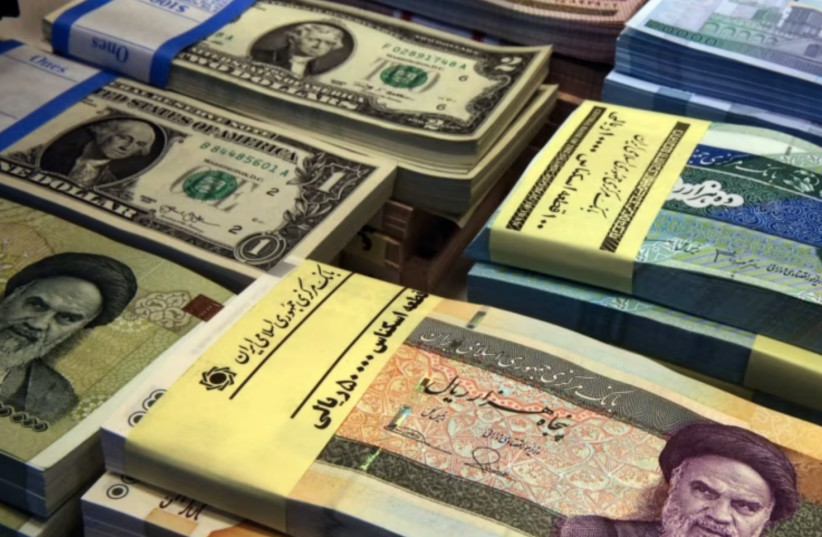Iran's government is billions of rials (1 USD = 42,287.0 IRR) in debt and in an economic red zone, according to reports by EU-based Iranian news outlet Radio Farhan and the Iranian Student News Agency (ISNA).
This report came after several months of planning and development of the Seventh National Development Plan, which Iran's Planning and Budget Organization unveiled at a ceremony on Saturday, leading the way for parliamentary investigations to begin.
ISNA reported that the proposed bill will determine the next five years of Iran's economic trajectory.
What is the Seventh National Development Plan?
The Seventh National Development Plan outlines the Iranian government's predictions for upcoming changes in their national economy. Included in this bill will be projected oil revenues that would be directly deposited into the National Development Fund providing a projected 25 billion dollars annually.
The plan also details issues of insolvency and financial distress within the banks. Changes in taxes are also expected. Article 17 of the proposed bill states that the collection and receipt of insurance premiums would be carried out by the tax authority.
The bill would also cancel tax exemptions from the export of mineral materials, metal and non-metal mining industries, as well as on oil and gas.

Budget deficit and car manufacturing among economic concerns
Iran's Minister of Economic Affairs and Finance reportedly said that the assembly of vehicles in the nation will continue. The prices of assembling vehicles continue to be a point of contention for the Iranian government, with companies waiting for a government-assigned price increase before assigning new prices themselves.
If these new prices don't comply with prices approved by a national competition council, car manufacturers will be penalized.
The budget deficit is the primary cause of concern for Iran's economic crisis. The government debt, according to local officials, has increased from 304 thousand billion tomans (one toman is equal to 10,000 Iranian rials) to 794 thousand billion tomans. The expenses of the government and expenses aren't available for public records, according to Radio Farhan.
